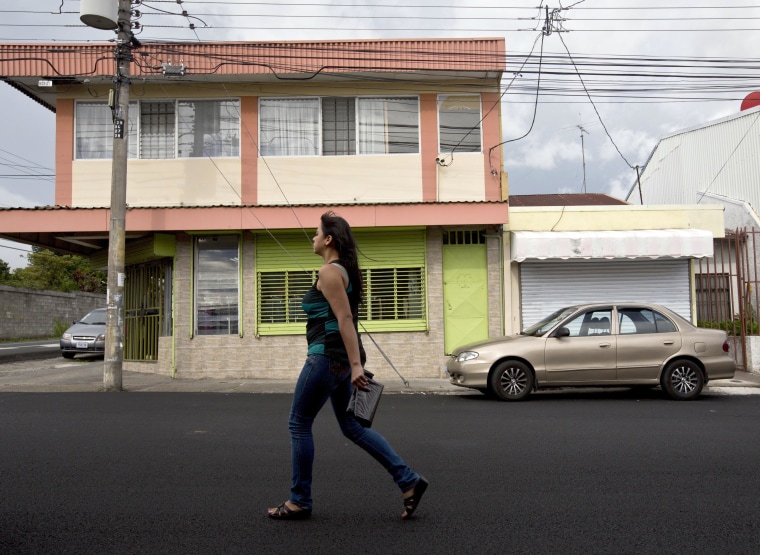Florida Republican congressman Mario Diaz-Balart defended U.S. pro-democracy efforts in Cuba, in response to an AP report that the U.S. put young Latin Americans at risk by sending them to the communist island on undercover programs to effect political change though they had very little training.
"Efforts by the State Department and USAID to bring information to the Cuban people, and to find creative ways for the Cuban people to communicate with each other and with the outside world, are precisely the types of activities that the United States must vigorously pursue in closed societies," said Rep. Diaz-Balart in a statement. "Pro-democracy activities must be undertaken with discretion because the most innocuous acts are ‘crimes’ in totalitarian states," added Diaz-Balart, who referred to the AP report as an "overly biased hit piece."
The AP reported that as early as 2009, USAID and its contractor, Creative Associates International secretly sent nearly a dozen young people from Venezuela, Costa Rica and Peru to Cuba "using the cover of health and civic programs" to try to scout out possible political activists. It is illegal in Cuba to work with foreign democracy-building programs, and at the time American contractor Alan Gross had already been jailed by Cuban authorities. One young worker said he only got a half hour seminar "on how to evade Cuban intelligence," according to the AP.
IN-DEPTH:
